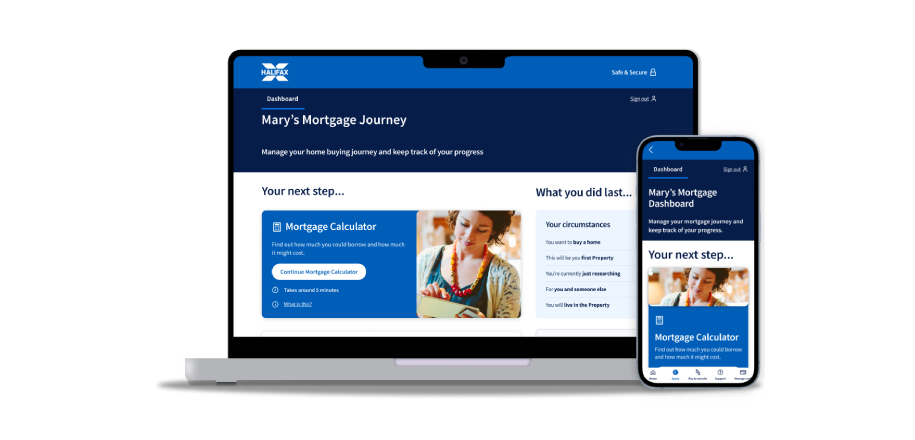Go paper-free
Amend paper-free preferences for your statements and communications.
You can be your own boss and get a mortgage for a new home.
Most lenders need two or three years of accounts as proof that you can afford to repay the mortgage. However, it's still possible to get a mortgage under that timeframe if you have a good credit score and a sizeable deposit.
If you were working full-time previously, your pay slips from this time may be acceptable.

You may just need to give a little more information to your mortgage lender to show that you can keep up your monthly repayments:
You may also have to provide proof of accounts certified by a registered accountant.
If you’re a small business owner, you may need to give some more information like:

Already started your mortgage journey?